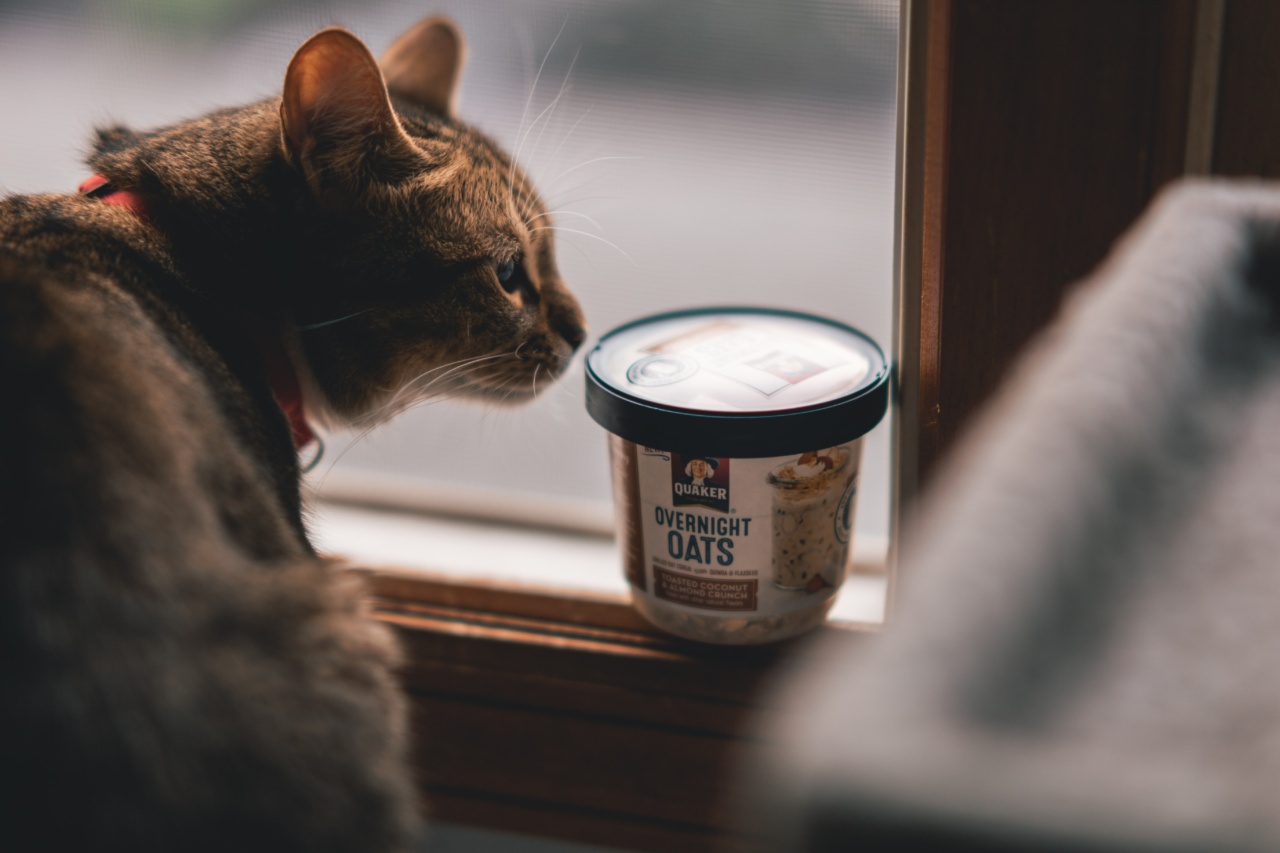As a cat owner, it is natural to worry when your pet’s appetite seems insatiable.
While there are situations where such behavior may be harmless, it is essential to understand that certain underlying problems may be making your cat hungrier by the day.
You’re not alone in this, and as such, we have compiled ten reasons why your cat seems to be on a never-ending quest for food.
1. You’re not feeding them enough
Cats require a certain amount of nutrition every day to maintain their energy and activity levels. Kittens and cats that are very active may need more food than those that lead a sedentary lifestyle.
Ensure that you provide your cat with the recommended number of meals per day. Failure to do this may result in overeating as the animal starts to stockpile on every available food source.
2. Your cat is bored
Cats are known to have a curious nature, and when they’re not kept engaged, they may start looking towards food as a form of entertainment.
Boredom could stem from various sources such as lack of toys, limited playtime or lack of stimulation in their environment. This can lead to an increased appetite, and you may notice that your cat constantly seems to be eating.
3. Feline Diabetes
Feline Diabetes is a common condition in overweight cats, and just like the human form of diabetes, it impairs the body’s ability to metabolize sugar. This leads to high levels of insulin in the blood and consequently an increased appetite.
If you notice your cat drinking an excessive amount of water, experiencing sudden weight loss or a change in its behavior, you need to have it checked for diabetes as soon as possible.
4. Hyperthyroidism
Hyperthyroidism occurs when there is an overproduction of thyroid hormones in the cat’s body. This leads to rapid metabolism and an increased need for energy and food.
You may notice excessive hunger, weight loss and increased levels of activity in your cat if they are experiencing this issue.
5. Food allergies and intolerance
Cats can also experience the same kind of allergies and intolerance issues that humans suffer. Symptoms such as an upset stomach, vomiting, and frequent bowel movement may require an alternate food choice.
Increased hunger could also be an indicator that your cat’s body is not getting the required amount of nutrients from its diet.
6. Worm infestation
Worm infestations can have a massive effect on your cat’s appetite and in severe cases, cause anemia, or stunted growth.
Symptoms such as diarrhea, vomiting and bowel obstruction are common indicators of these infestations and if not taken care of urgently, may result in fatal outcomes. You should regularly deworm your cat to prevent such infestations.
7. Medications
Some types of medicines such as cortisone can have an effect on your cat’s appetite levels. If your cat is on a prescribed medication with such side effects, consult with your vet on how to manage it without causing overeating.
8. Stress and Anxiety
Cats that experience stress and anxiety could start developing unusual behavior such as overeating or loss of appetite. Such triggers include changes in environment, separation anxiety, loud noises and unfamiliar faces.
You can help your cat manage these triggers by providing them with a safe and comfortable living space, ample play and intimacy time, and training them on socialization.
9. Aging
As cats grow older, they may experience a decrease in their metabolism rate, making them less active and thus requiring less food.
Sometimes, however, elderly cats may still display an increased hunger rate, necessitating a change in the quality and quantity of their diet. Consult with your vet on the best plan to support your cat’s senior years.
10. Changes in seasons
In colder months, your cat may require more energy to keep warm, and as such, they may display an increased appetite.
It is natural for cats to bulk up to gear up for the winter season, but it is essential to monitor their weight closely to prevent obesity related problems.
In conclusion, it is crucial to monitor your cat’s eating habits and behavior closely. If you notice any sudden changes in their appetite levels, consult with your vet immediately.
A healthy diet, adequate play and living spaces, ample hydration and socialization will go a long way in keeping your cat healthy and happy.






























